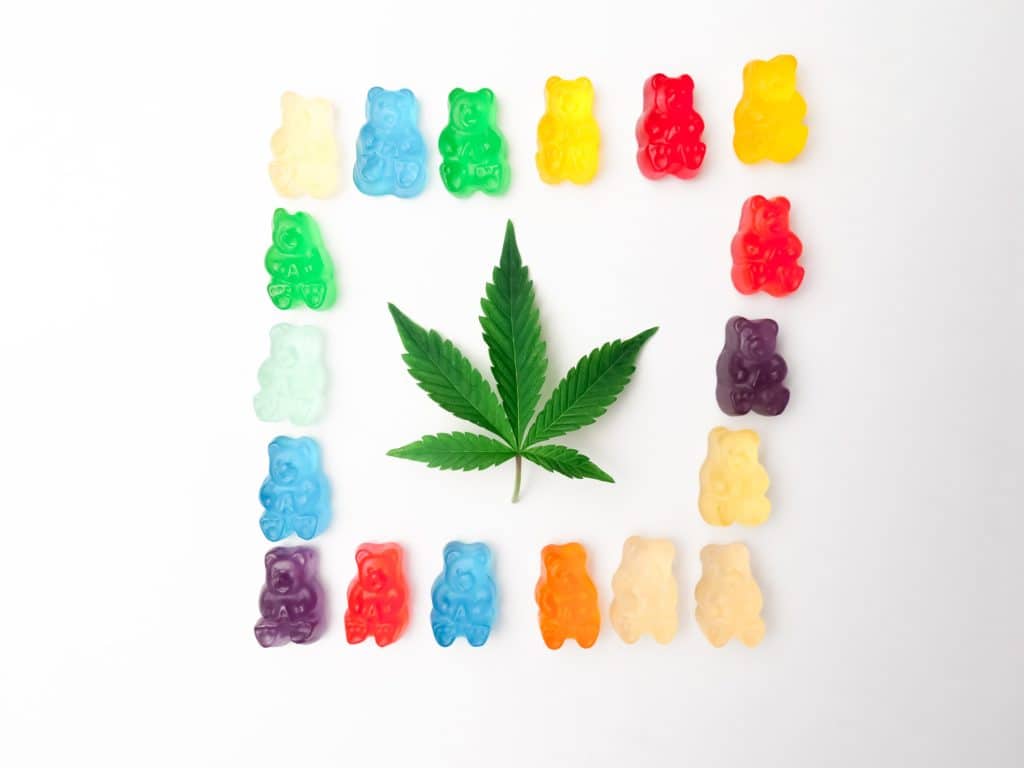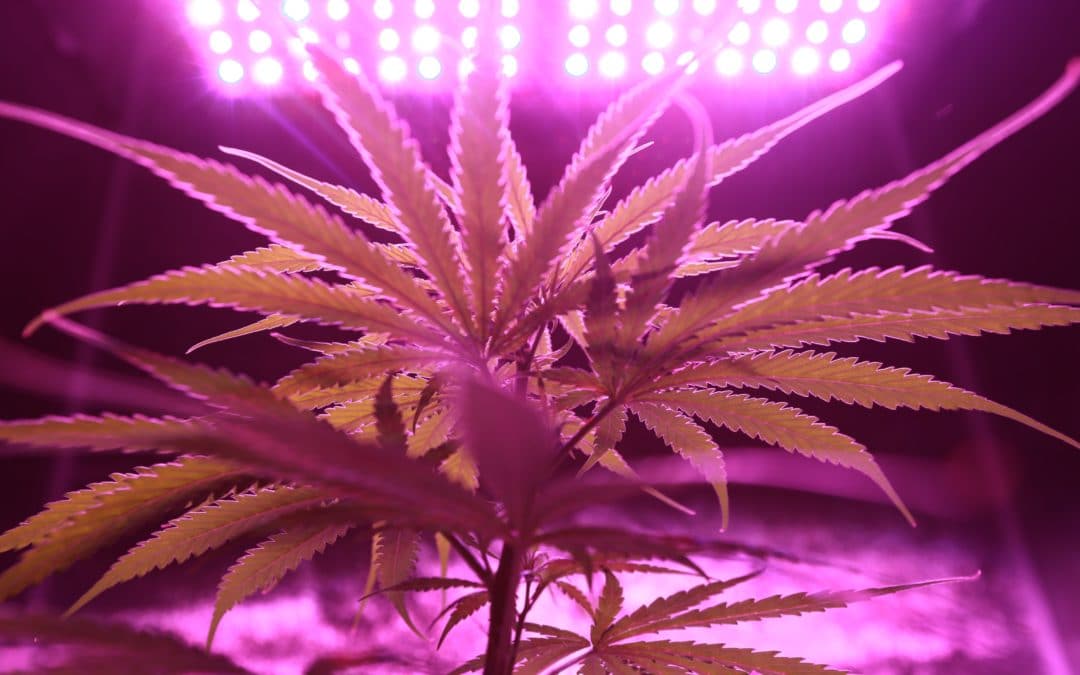Let’s explore THCa vs THC and see what we find. By the way, there’s a lot happening out there, but here are some of the basic answers to the question: what is the difference between THCa and THC?
What is THC?
If you are reading this, you are probably interested in THC. We are going to get into some specifics about THC, but first, let’s talk about what THC is, and isn’t.
THC stands for delta-9-tetrahydrocannabinol (some drop the delta-9- part of the name) and is the main psychoactive cannabinoid found in cannabis. THC is derived from cannabis and has psychoactive effects. If you are looking to get that high energetic feeling, this is what you are looking for, unlike the more calming effects of CBD. How does THC create that lovely, sometimes euphoric effect we know and love? THC affects the award system in your brain and increases the release of dopamine. Dopamine is that pleasure hormone you get a release of during eating your favorite meal or during sexy time.

You’ll find THC in the Cannabis Sativa and Cannabis Indica plants, these have the highest concentration of THC. THC is harvested from the flower of these cannabis plants, then processors dry and package the plant for your consumption.
There are a lot of ways to use THC including oils, tinctures, sprays, vape pens, edibles, and beverages with cannabis oil.
THC helps support many issues people deal with including insomnia, nausea, pain, poor appetite, and tremors. Users who are searching out these benefits from THC, should also consider some side effects including change in mood, feels of anxiety, dizziness, and impaired coordination.
Be aware, every person responds differently to Cannabis, so you might feel some of these pleasant/not-so-pleasant side effects, while your cannabis-consuming friend might not. Hot tip: studies show that taking CBD with THC might reduce some of those not-so-pleasant effects. They call this the entourage effect.
Can THC be detected on a drug test?
Sorry, I don’t have a pleasant answer for you, again with the not-so-pleasantries… Most standard drugs tests can detect THC. Ugh, frustrating. You might be wondering how? The body stores THC in body fat, which means it’s a stage 5 clinger. Just kidding, but kind of not…THC can actually linger in your fat storages even after many days or weeks since use.
But have you heard of THCa?
Well, we have, but maybe you haven’t, and that’s a-okay! We are here to educate, so keep reading to learn about about the differences between THCa and THC! THCa stands for tetrahydrocannabinolic acid. Now it might sound a lot like THC, but don’t be fooled. Unlike THC, THCa is a non-intoxicating cannabinoid that can be found in live or raw cannabis. It’s a precursor of sorts to THC. As a plant dries, THCa slowly converts to THC, and you can speed this with heat. By the way, you maybe have heard of decarboxylation, that’s a fancy term that describes when you smoke or vaporize a flower.
More research needs to be done on THCa, but it’s already showing signs that it will play a pivotal role in the use of cannabis medicine. Studies have started unveiling that THCa is beneficial as an anti-inflammatory, has neuroprotective properties, and anti-emetic (aka anti-nausea and treating appetite loss) properties, as well anti-proliferative properties that might be beneficial to cancer patients. Patients are also reporting that THCa has been useful to support insomnia, muscle spasms, and pain. Personally, we can’t wait for more research to be done. Bring it on medical cannabis, we are here for it!

THCa is easily found, but remember once you smoke or vaporize it, it’s now just good ol’ THC. You’ll find THCa in the trichomes of living cannabis plants and these plants are often juiced for their THCa benefits. Sounds like our kind of juice cleanse.
You can also find THCa in a topical form in skin rubs and transdermal patches. We are hoping to see an influx of THCa products come to market as awareness is increasing that you can get the benefits of THC without the risk of psychoactive effects. Also, another point of good news, this means if you have ever felt compelled to eat raw weed, it won’t get you high. Also, some people consider weed a superfood, so let’s grab our avocados, kale, and Greek yogurt, and get super healthy!
But why no high when comparing the differences between THCa and THC?
To understand what are the differences between THCa and THC, one important fact is THCa doesn’t get your high for a simple reason, it doesn’t fit. Seriously. THCa is too large of a molecule to enter certain endocannabinoid receptors, specifically the CB1 receptors. We talked about these important receptors here.
When THCa is decarboxylated, aka it removes the A and becomes THC, the perfect shape is formed for those CB1 receptors in our endocannabinoid system.
Can THCa be detected on a drug test?
Again, the not-so-pleasant answer is yes, THCa is detectable on a drug test. The body metabolizes THC and THCa compounds in the same way and stored in fat, leading to lingering detection.
Did you get enough information? Well, we have even more fun facts and important things you should know on our blog, here!



